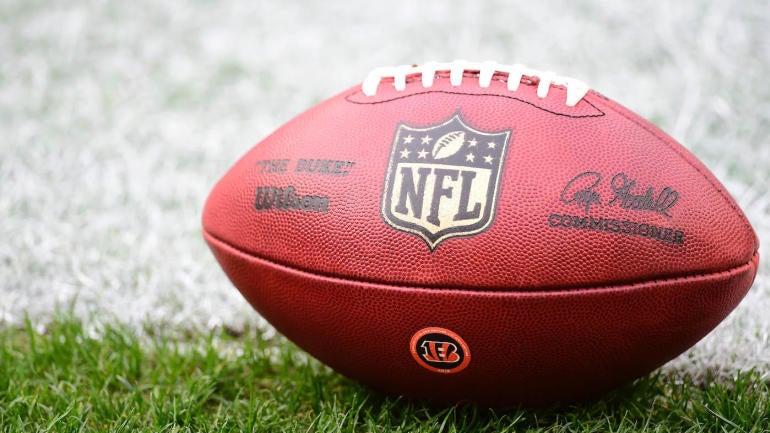
The NFL — like the rest of the world — is feeling the latest uppercut from the COVID-19 pandemic in the form of the Omicron variant. Teams were hit the hardest they’ve been all season in Week 15 and the league stepped in to reschedule a handful of games because of so many positive tests.
Entering Week 16, a slew of big names may or may not be available due to COVID, including Chargers running back Austin Ekeler, Chiefs wide receiver Tyreek Hill and tight end Travis Kelce, Saints quarterback Taysom Hill and Texans wide receiver Brandin Cooks. Bills wideouts Gabriel Davis and Cole Beasley, as well as Vikings running back Dalvin Cook, are among those already guaranteed to be out due to COVID and being unvaccinated.
On top of moving the schedule around and battling player absences, the NFL and NFLPA rolled out updated protocols to account for this uptick. One of the wrinkles in those updated protocols: an easier path for vaccinated players to return to the active roster following placement on the reserve/COVID-19 list. Prior to this update, vaccinated players (and staff) needed to produce two negative tests separated by 24 hours along with being asymptomatic.
Now, there are three options outlined in a memo the league sent out to teams where a player can return as soon as the day after their initial positive test.
- Player can receive two PCR test results that are negative or produce Cycle Threshold values of 35 or greater.
- Player can receive one PCR test that is either negative or produces CT values of 35 or greater and a negative Mesa test result from a test taken within 24 hours of the PCR test (Both of those tests can be taken at the same time or less than 24 hours apart).
- Player can receive two negative Mesa test results that can be taken concurrently but must be two separate swabs.
Cycle Threshold is a metric the measures the viral load of the individual. In laymen’s terms, it’s gauging how contagious someone is. NFL chief medical officer Dr. Allen Sills has said that analysis has shown that CT values 35 or higher do not transmit COVID-19.
While that all sounds technical to the average person on the street, the main change is that some tests do not need to be separated between 24 hours and can even be conducted roughly at the same time, making it faster for a player who crosses these thresholds to return.
It does not change the status of unvaccinated players, who are still forced into a 10-day quarantine if they test positive.

 KVSP
KVSP 





